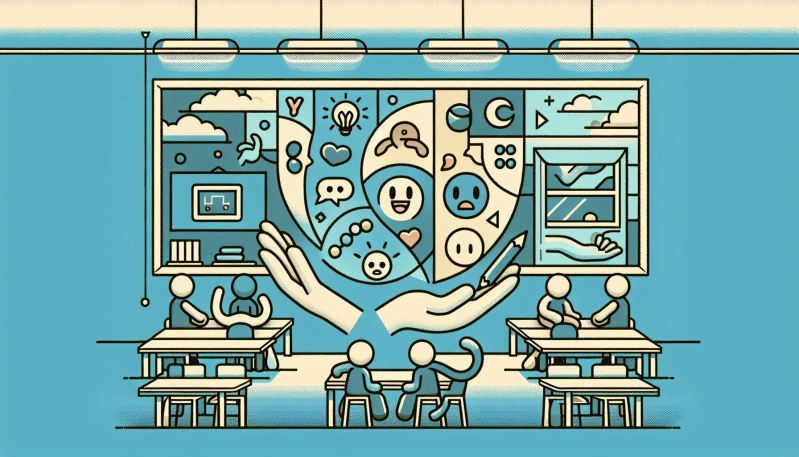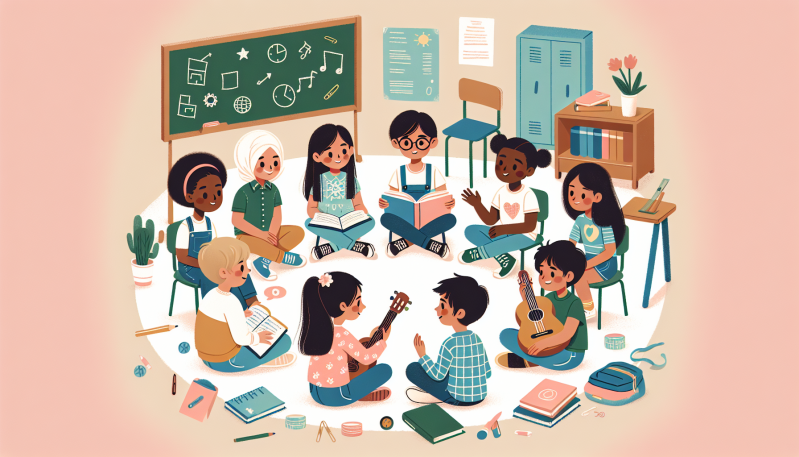In our increasingly digital world, where bits and bytes are as common in our conversations as words and expressions, the challenge of fostering well-rounded, emotionally intelligent children can seem daunting. Screens have become the gatekeepers of social interactions, learning environments, and even our leisure activities. However, as essential as these tools have become, they also pose risks that we cannot afford to overlook. Friendship Week understands the delicate balance between embracing technology and maintaining the essence of human connection, especially for our younger generation.
As representatives of Friendship Week, we are steadfast in our commitment to helping school kids and parents navigate this digital terrain. It is a landscape where mental health, kindness, loneliness, and diversity, equity, and inclusion (DEI) can no longer be managed through traditional means alone.
Parents, educators, and mental health professionals are the key architects in building bridges across the digital divide. Their first task is to ensure that the foundations of face-to-face communication are not lost. A child who can look into another’s eyes and discern emotion, one who can articulate their thoughts and feelings clearly without the crutch of emojis or text speak, is a child well-equipped for the complexities of life.
It falls upon us to develop curricula that celebrate and teach these skills. For example, encouraging group discussions, role-playing exercises, and cooperative learning tasks can significantly enhance empathy and emotional intelligence. These activities, when integrated seamlessly with technology, can create resilient, adaptable young thinkers.
But what of the educators? In this era of screen time, they must double as digital literacy guides. Teachers need to identify the thin line where productive screen use ends and detrimental habits begin. It is here that Friendship Week advocates for professional development that equips teachers with the tools to teach healthy digital habits.
The impact of screen time on mental health cannot be understated. While technology can foster inclusion, giving a voice to those who might otherwise remain unheard, it can also exacerbate feelings of isolation and comparison. Our initiative promotes setting screen time guidelines, encouraging extracurricular activities, and creating open dialogue about the curated nature of social media.
We invite schools to take actionable steps towards this balance. This can involve setting up technology-free zones, having ‘screen sabbaticals’, and incorporating lessons on digital citizenship. At the same time, we challenge our readers to reflect on their own habits. How can we, as adults, showcase the value of in-person connection when our heads are often tilted towards our own devices?
We must take a stand against the erosion of human connections. Through concerted effort, we can ensure that the legacy we pass on to the next generation is not one of digital isolation, but of a society that values empathy, understanding, and genuine interaction just as much as technological savvy.
Friendship Week is not just an ally but a beacon of hope. Together, let us commit to fostering a world where technology serves as a bridge, not a barrier, to authentic human connection and kindness.


